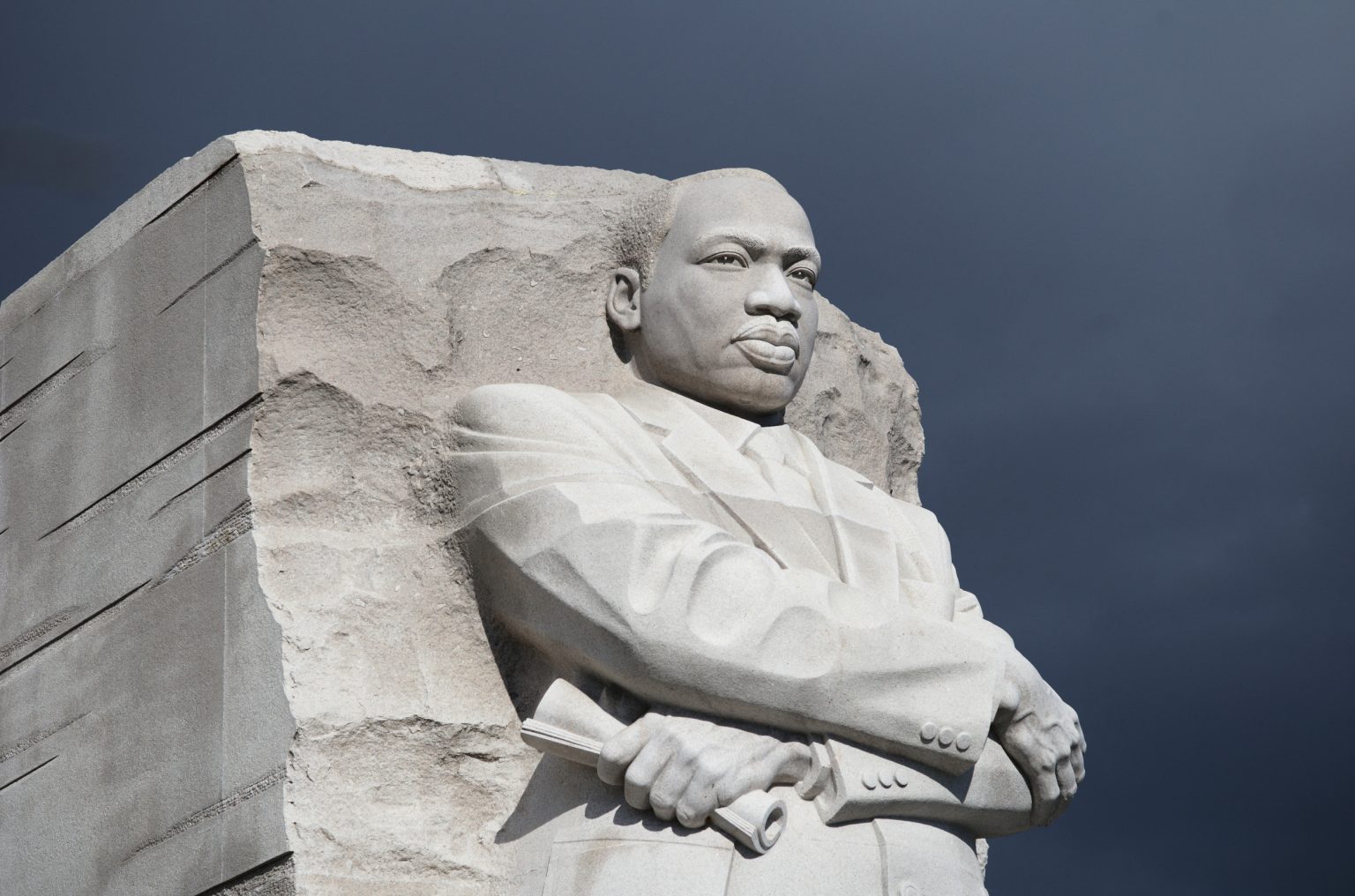Martin Luther King III, the eldest son of the iconic civil rights leader, reflects on his father’s dream for a “Beloved Community” – a nation grounded in justice, freedom, unity, and peace – and emphasizes its enduring relevance, particularly during times of political transition and national division. He acknowledges the current fragility of this dream, recognizing the deep divides that plague American society, but stresses the importance of hope, patience, and perseverance, echoing his father’s words: “We must accept finite disappointment but never lose infinite hope.” King III believes that despite differing political beliefs, all Americans share a desire for this Beloved Community, a society built on justice, nonviolence, and equal opportunity. He urges a rejection of fear and division, advocating for community over chaos and calling for unity in service, inspired by the examples of both his parents, Dr. Martin Luther King Jr. and Coretta Scott King.
The Martin Luther King Jr. Day of Service, coinciding with the presidential inauguration, serves as a potent reminder of the power of individual action to achieve transformative change. King III challenges us to consider how we can embody Dr. King’s dream within our own communities and how we can live up to his legacy. He highlights the tireless efforts of his mother, Coretta Scott King, in establishing his father’s birthday as a national holiday, underscoring her belief in service as the most effective way to advance Dr. King’s vision and continue his work towards a more just and compassionate society. Her enduring legacy, he notes, teaches the crucial lesson that true change requires sustained time, unwavering commitment, and the collective effort of everyone. He emphasizes her reminder that “freedom is never really won,” urging continued dedication to the fight for justice and the ideals of love, compassion, and equity, especially in the face of ongoing challenges.
King III emphasizes his commitment to building the Beloved Community through service, a concept he explores in his co-authored book, “What Is My Legacy?” He defines legacy not through material possessions but through daily actions and commitment to community service. He draws inspiration from acts of solidarity, such as neighbors helping one another during the devastating Los Angeles fires, illustrating that the King legacy extends beyond the family name, embracing all who strive for peace, justice, and equity, echoing his father’s words: “Everybody can be great because everybody can serve.” He calls for a renewal of commitment to community service, urging contributions to the 100 million hour goal to “Realize the Dream.”
King III illustrates the diverse avenues through which individuals can contribute to building the Beloved Community. These include food drives, supporting local community initiatives, and dismantling systemic injustices. He defines legacy as living with a purpose beyond self-interest, utilizing individual talents, passions, and resources to make a positive impact on the community. He stresses the importance of deepening our resolve to make a difference in the lives of others, working together to build a future that reflects Dr. King’s vision. This vision encompasses a Beloved Community grounded in justice, compassion, and shared responsibility.
The legacy of Dr. King encompasses his commitment to nonviolent protest, selfless service, and the unwavering belief that love and justice will ultimately prevail over hate and division. This legacy, King III asserts, is not merely an inheritance but a choice, a path to be actively chosen and pursued daily. He emphasizes the responsibility each individual bears in upholding and furthering this legacy, striving to live it out in everyday actions and decisions. This commitment to service and the pursuit of justice is not simply a tribute to his father, but a call to action for everyone to contribute to a more equitable and compassionate world.
King III’s call to action resonates deeply with the current sociopolitical climate. He reminds us that the fight for justice is a continuous journey, requiring sustained effort and unwavering commitment from every individual. His message transcends political divisions and emphasizes the shared responsibility of building a more just and equitable society. He encourages individual action and community engagement, highlighting the power of collective efforts to achieve transformative change. The legacy of Dr. King, he reminds us, is not confined to history books, but a living testament to the power of love, justice, and service, a legacy that requires continuous cultivation and commitment from each generation.


